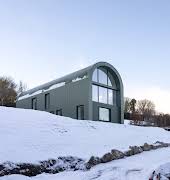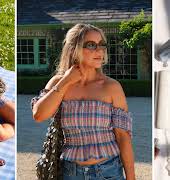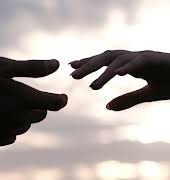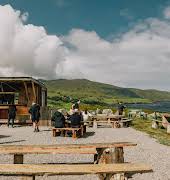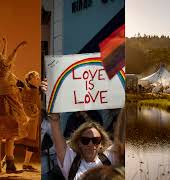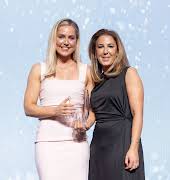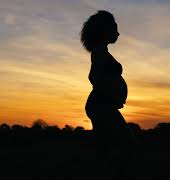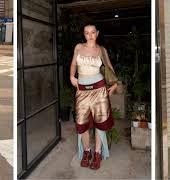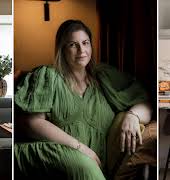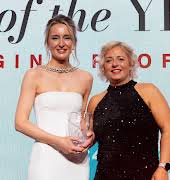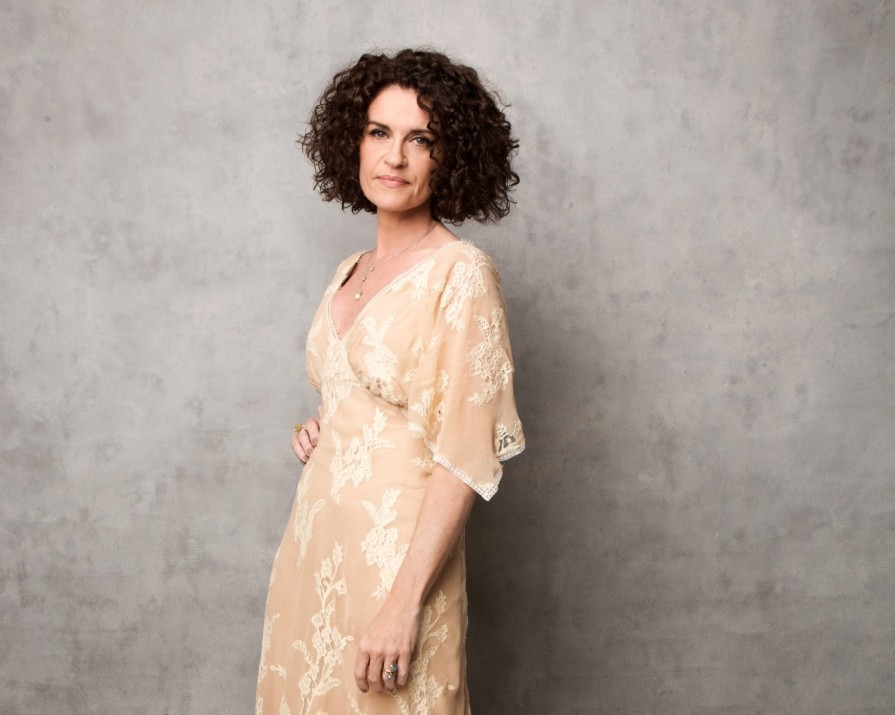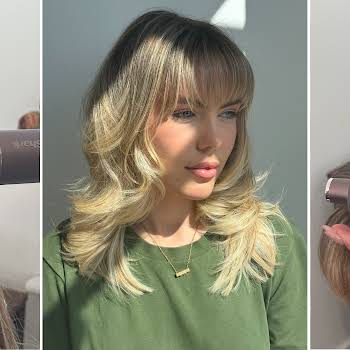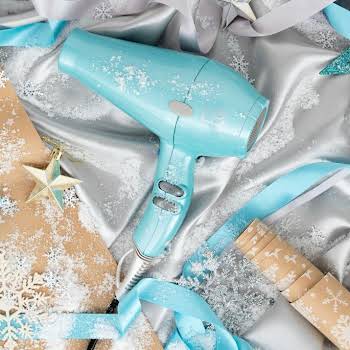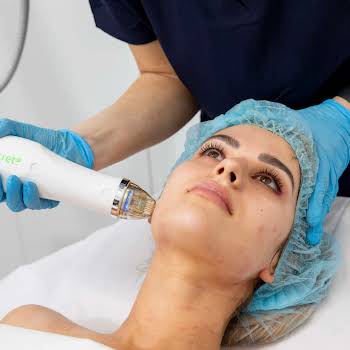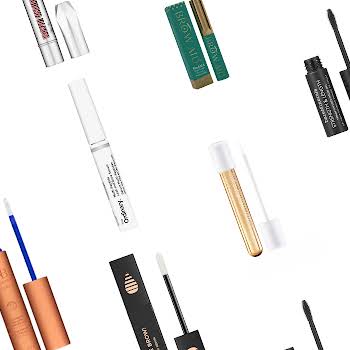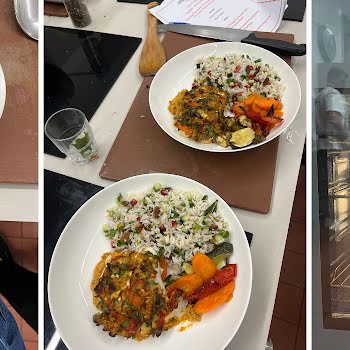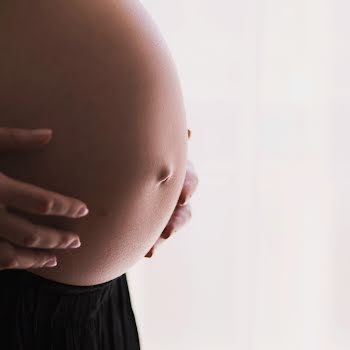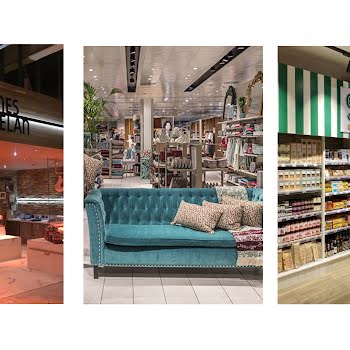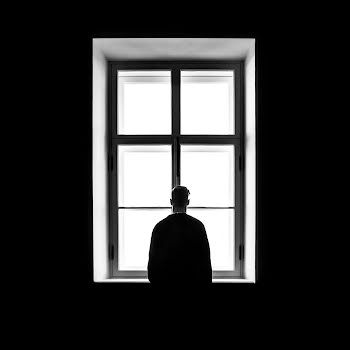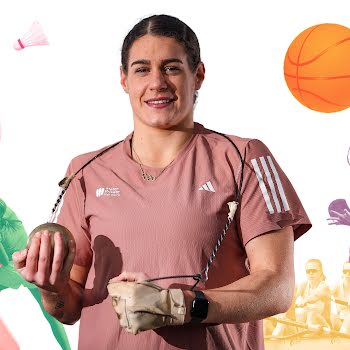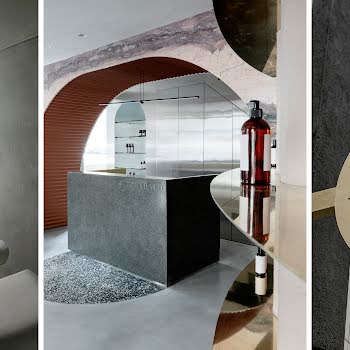
Beauty during breast cancer: Helen Cody on feeling good, inside and out
By IMAGE
15th Oct 2023
15th Oct 2023
In 2018, while she was undergoing chemotherapy after breast cancer surgery, fashion designer Helen Cody sat down with us to talk about her treatment and learning to feel good on the inside and out. On this breast cancer awareness month, we republish the piece from our archives.
I won’t say having breast cancer is a breeze because it’s not. It has impacted every single part of my life. With so much currently out of my control, I’ve chosen to fight back with every bit of arsenal at my disposal, and I knew I could start by refining my diet and managing my make-up. Looking as good as you possibly can while going through treatment is less about looking pretty and all about feeling empowered. I hope that by sharing what I’ve learned so far, I might help other women benefit as they face similar challenges.
I had a mammogram in June 2017, and it came back clear. It turns out it just presented as breast tissue, as in 15% of cases, so wasn’t spotted. Then I discovered a lump on January 11. I went for a lot of testing and got the bad news that it was bilateral breast cancer and it was in my lymph nodes on both sides. I was devastated.
Soon after, my partner of five years, Rory, proposed out of the blue on Sandymount beach and swept me along in the most romantic way, which cleverly took my mind off everything. We got married three weeks later on March 20, eight days before I was to have surgery. I guess it was my vanity, but I wanted to have my hair for our wedding day, even if it meant I spent my honeymoon in St Vincent’s Hospital.
I thought I was going to die in surgery. I was terrified. I remember feeling so euphoric when I woke up. I had the most incredible treatment from the various teams in St Vincent’s, along with my belief that my cancer was removed surgically, which has helped enormously with my positivity. I then had to face the treatment that will result in it not returning.

Helen with her husband Roy at a family wedding
From the moment I was diagnosed, I made some big changes; I gave up sugar entirely, my diet was already pretty good, but I really pushed it. I chose all organic and no processed food. Even tomato ketchup was banned if it had sugar in it. I took lots of vitamins and fish oils, and I felt that really helped me get through the surgery. It also helped me to feel like I was helping to manage it. I was taking part instead of sitting back and letting the doctors do everything. It was important for my mental attitude to the whole thing.
My curls have always been my signature; they are so much a part of me. I worked as a hair model when I was a teenager, so it goes a long way back. My hair was a powerful way of expressing who I was, so the prospect of losing it was very difficult. My sister had breast cancer five years ago, and thankfully came through it, but at the time I took her to get her head shaved before too much fell out, and I remember asking myself if this happened to you, how would you manage? Back then, I thought I’d let it go gladly, but now that I find myself in that position, I’m determined to hold on to whatever I can.
Thankfully, cold caps, which weren’t available to my sister five years ago, are here now. They’re worn during chemotherapy and freeze your scalp to reduce the amount of drugs reaching the follicles, but it wasn’t very effective for me because I had such thick hair. Ironically, it works better on women with thin or fine hair. On day 17 of my first round of chemo, I lost 70% of my hair. It was a frightening experience and left me shocked. But then, I thought, “Ok, I still have hair.” I had no bald patches, so I realised I would cope. I’d tie it back and it would be okay. I now have about 10% left and pull it back into a tiny little ponytail.

Helen on her wedding day
I don’t want to wear brightly coloured or patterned scarves, so it’s actually quite difficult to find more neutral options. I did try to fashion up these beautiful African headscarves, but the reason they look so good usually is the women who wear them have an abundance of hair underneath. They don’t stay on if they have nothing to hold on to. I do wear a nice spotty scarf, which I think looks a little 1940s and a bit chic, but mainly I opt for a hat.
Every time I go in for treatment, I wear hot pink, yellow, orange – strong colours. It’s like a psychological thing for me. I need to feel strong, uplifted and positive, and to do that, I really need to make an effort. It’s very superficial, but it’s me going, “I can do this”.
What cancer has changed for me in general is the stripping back of the bullsh*t, and it’s made me cherish the simple things – love, family, my little world. Albeit, more in a superficial sense, the same can be said of my beauty bag. I don’t use all organic products, but I do what I can. It helps me to feel proactive. I switched my deodorant to Modern Botany, which is an Irish company and completely organic. I have two thick scars on my underarms, so I can’t use ordinary deodorants, and I find that great.
I also use Clarins Blue Orchid Oil on my face and Kiehl’s Shea Butter on my skin because your skin dries up a lot. I have to soak my skin in moisturiser twice a day. I have hardly any eyelashes left and thinning eyebrows. When I wear no make-up at all, I look very much like a blank canvas. Dr Hauschka eyeliner doesn’t hurt my eyes at all, and I’ve fallen in love with a Clarins lipstick that isn’t too strong, but gives me just a bit of colour.
Baths in the evening really help. I use Epsom salts and adore Aromatherapy Associates Inner Strength essential oil. It is the most magical oil I’ve ever used. You sink into the bath. I also found the most wonderful organic face cream called Hayoka in The Hopsack in Rathmines, which feels delicious, and my skin just drinks it in.
With chemo, you feel like you’re catching up the whole time. Bizarrely, you start off well and it takes you down, and you build yourself back up and then it takes you down again. Psychologically, it’s very difficult to get your head around the things that are going to make you feel very well are the very things that will make you feel awful. I used to swim competitively when I was in school, and I think of it like swimming – you are trying to get to the other end of the pool. It’s the bigger picture thing and breathing through the hard stuff. I have so much admiration for anyone who has gone through it and gotten to the other side.
In conversation with Rosaleen McMeel.
Featured image by Barry McCall, additional photography by Doreen Kilfeather.

